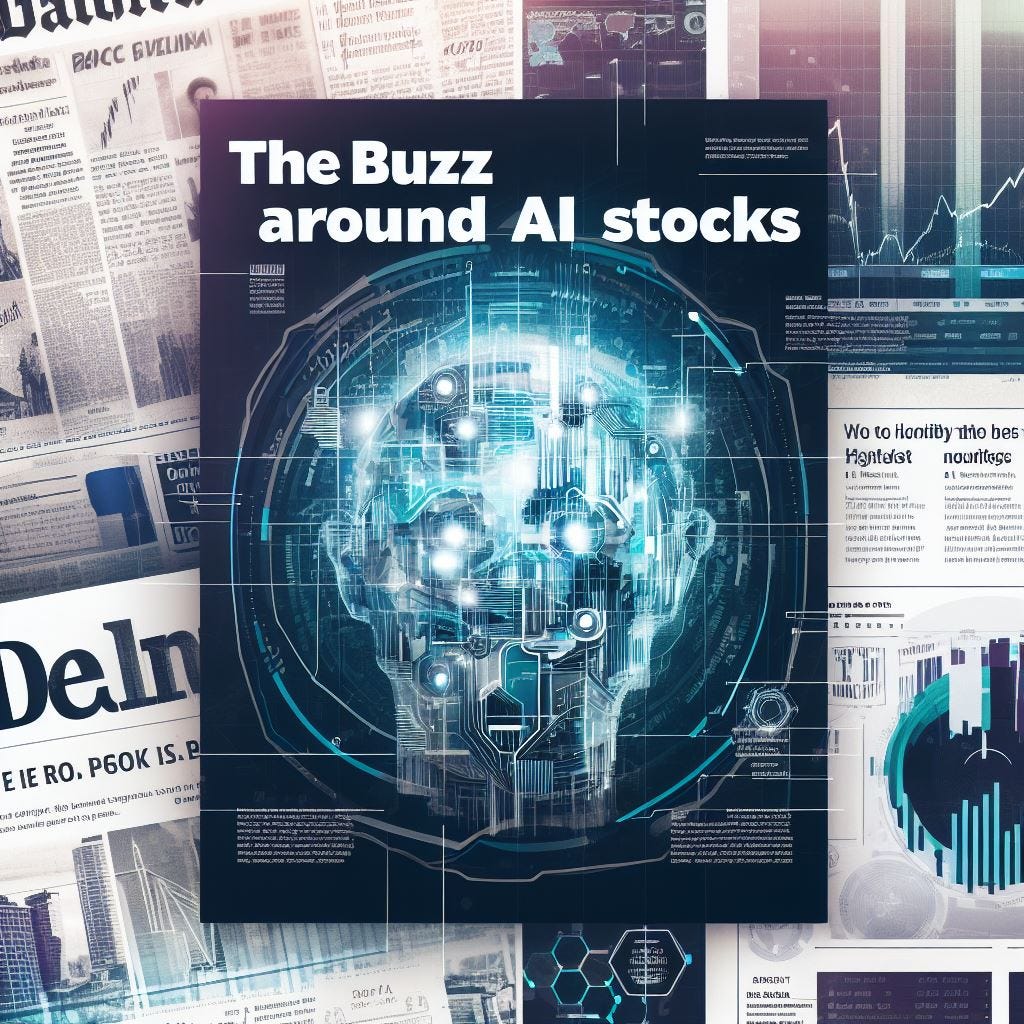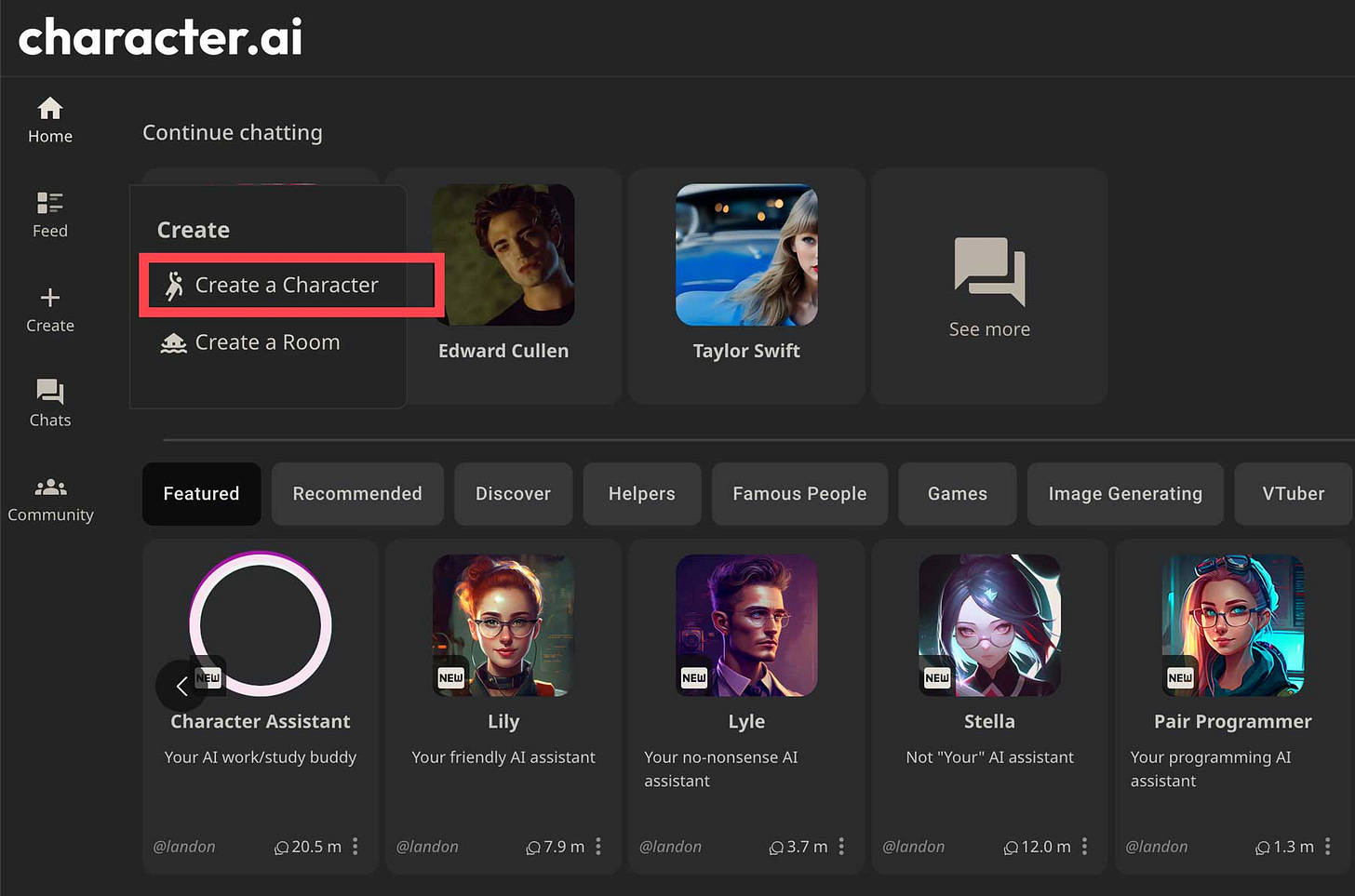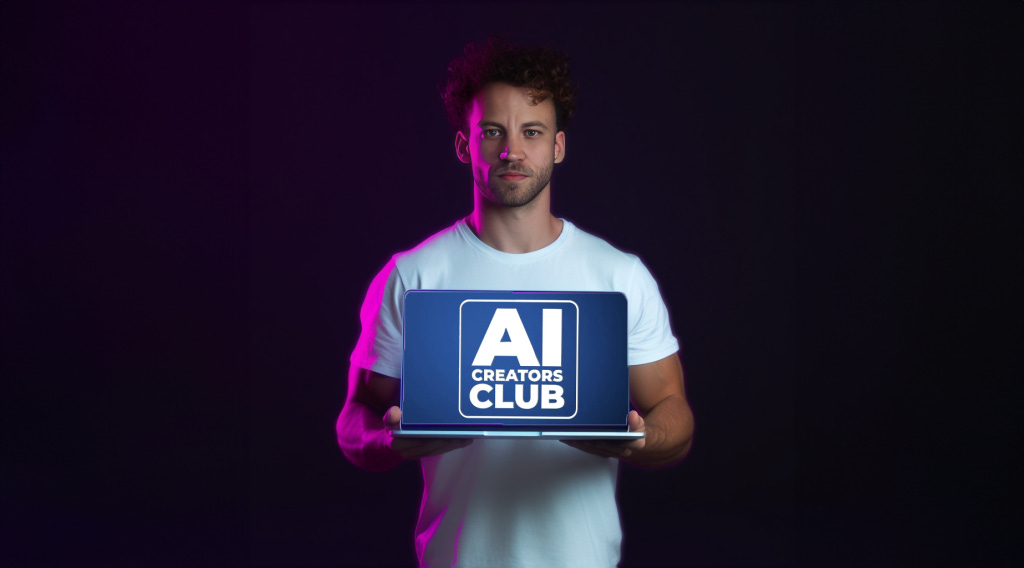The AI Brief: Condensing the News on an Exploding Technology
The AI Playing Field: From Business to Medicine to Consumer Tech
Artificial Intelligence Stocks and Companies to Watch
- Many companies hype AI capabilities for PR benefits
- Look for material revenue growth driven by advanced AI
- Leading AI stocks: Nvidia, Microsoft, Apple, Amazon, Google
- AI adoption growing across sectors like finance, healthcare, retail
Investors Use AI to Analyze Earnings Calls
- AI analyzes audio for cues like tone, pace, volume
- Adds layer beyond text transcripts to assess sentiment
- Aims to detect deception, anxiety, evasiveness
- Limitations: interpretation required, health impacts voices
AI Model Identifies Dangerous Designer Drugs
- New AI identifies chemical structures of unknown drugs
- Helps law enforcement and health professionals respond
- Trained on known designer drugs then generates new examples
- Applications in treating overdoses, predicting drug trends
Google Eyes Major Investment in AI Startup Character.AI
- Google seeks stake in hot conversational AI startup
- Part of Big Tech race to snap up promising AI firms
- Would advance Google's AI offerings amid chatbot hype
- Tests unproven startups' valuations amid economic uncertainty
Humane Launches Ai Pin Wearable Personal AI Device
- $699 wearable designed for seamless AI integration
- Voice, touch, visual modes; perpetual swappable batteries
- Partnerships with Microsoft, OpenAI for AI capabilities
- Emphasizes privacy protections and user control
The Buzz Around AI Stocks: How to Identify the Best Bets
Artificial intelligence (AI) is one of the hottest tech trends, with companies rushing to label themselves "AI stocks." But while the hype is real, investors need to look past the buzzwords and identify companies actually driving material revenue growth from advanced AI capabilities.
True AI stocks are utilizing complex machine learning and deep learning algorithms to uncover patterns and insights from massive datasets. The tech giants leading the way include Nvidia, Microsoft, Alphabet, Apple and Amazon. Nvidia's GPUs power AI workloads in the cloud. Microsoft, Apple, and Alphabet are infusing AI into products like search, voice assistants, and image recognition. Cloud computing has enabled new AI advancements.
Key areas where AI is gaining traction:
- Cloud Computing: AI chips and software for data center workloads. Nvidia, AMD, and startups developing specialty AI chips.
- Consumer Tech: Voice assistants, image recognition, personalized recommendations. Leaders are Amazon, Apple, Microsoft and Alphabet.
- Business Analytics: Identifying trends and efficiencies in operations and marketing. Salesforce, SAP, Oracle providing AI-enhanced software.
- Autonomous Driving: AI for collision avoidance and self-driving capabilities. Nvidia, Tesla, Waymo.
- Healthcare: AI for improved diagnostics and treatment insights. Promising startups emerging.
- Cybersecurity: AI for threat detection and response. Leaders include Palo Alto Networks and CrowdStrike.
Key investing considerations:
- Revenue growth driven by AI: Look for companies where AI contributes significantly to topline and earnings.
- Competitive positioning: Firms pushing AI capabilities ahead of peers have an edge.
- AI talent pool: Access to top researchers and engineers is vital.
- Hardware ecosystem: Chipmakers like Nvidia and AMD provide the infrastructure underpinning AI software.
The rise of artificial intelligence has risks as well as opportunities. Overinvestment and hype could lead to losses. But identifying companies successfully capitalizing on AI trends can give investors an edge. Top AI stocks to consider include Nvidia, Microsoft, Alphabet, Amazon, Apple, Salesforce, and Palo Alto Networks.
Reading Between the Lines: How AI Analyzes Executives' Vocal Patterns
Investors are increasingly using artificial intelligence to analyze earnings calls and uncover insights from executives' speech patterns and vocal cues. The goal is to detect subtle signs of anxiety, evasiveness or deception that text transcripts may miss.
AI can track vocal markers like pitch, volume, rate of speech and filler words ("um", "ah") that may betray stress or tension. For example, gene sequencing firm Illumina's CEO showed fluctuations when discussing acquisition issues that later led to his resignation. AI detected vocal uncertainty missed by transcripts.
Funds are augmenting natural language text algorithms with audio analysis to glean fuller meaning. While transcripts capture word selection semantics, vocal delivery reveals more about emotions and state of mind. AI can surface micro-tremors in speech unnoticeable to humans.
Applications of audio AI analysis include:
- Detecting evasiveness - Flagging vocal uncertainty on controversial topics
- Tracking sentiment - Identifying positive or negative tone more accurately
- Analyzing ER calls - Pinpointing areas of concern and priorities
- Evaluating management - Assessing competence, confidence and leadership
- Predicting outcomes - Forecasting future results based on vocal patterns
Vocal analysis provides useful intelligence, but has limitations:
- Nuance - Vocal cues are open to interpretation and context matters
- Bias - AI models may reflect programmers' biases
- Manipulation - Executives can train to suppress vocal tells
- Health - Illness could alter voice unrelated to topic
- Transcripts - Still useful for word selection analysis
Investors are cautiously optimistic about AI audio analysis complementing other tools. But human oversight is still key to interpret signals in light of broader context. Vocal patterns provide one more data point, not a crystal ball.
New AI Model Identifies Dangerous Designer Drugs
A new artificial intelligence model capable of rapidly identifying the chemical structure of unknown designer drugs has won a prestigious science award. The model was created by Princeton biologist Michael Skinnider to help law enforcement and health professionals respond to the growing crisis of unpredictable synthetic drugs.
The model uses a language system to represent chemical structures in a simplified text format. By analyzing the molecular weight and electrical charge ratios of particles in a sample using mass spectrometry, the AI can map and identify the exact compounds present.
Skinnider trained the AI on known examples of 1,753 designer drugs. It can now generate and recognize new chemical structures with similar psychoactive effects to known drugs. This enables the AI to identify emerging compounds as soon as they appear, rather than waiting for lengthy lab testing.
The technology has already discovered several dangerous new substances, including a fentanyl analog that emerged last year. It also has the potential to predict which new chemical variations are likely to become popular recreational drugs based on past user responses.
Applications of this AI technology include:
- Identifying unknown drugs in patient blood to guide emergency treatment
- Detecting new substances in drug seizures before they appear in labs
- Monitoring populations for outbreaks of adverse reactions
- Predicting which compounds may emerge as popular and risky
- Informing policy and public health responses to new drug threats
While promising, the AI model has limitations. It relies on training data which may not generalize. Human oversight is still important to interpret findings and guide appropriate responses.
Still, the ability to rapidly identify the growing array of synthetically produced designer drugs presents a major advancement for medical and law enforcement professionals trying to keep communities safe. This new AI tool aims to give them an edge in responding to our ever-evolving drug landscape.
Google Eyes Major Investment in Hot AI Startup Character.AI
Google is engaged in talks to invest hundreds of millions into Character.AI, an artificial intelligence startup specializing in chatbots. The potential deal comes right after Google sunk $2 billion into AI firm Anthropic in October, showcasing Big Tech's race to snap up leading AI companies.
Character.AI has already formed partnerships with Google Cloud, using Google's tensor processing units and cloud infrastructure to power its operations. The new investment would further align the two companies and support Character.AI's development of new conversational AI models.
Founded by Google DeepMind veterans, Character.AI has gained popularity with its chatbots that mimic famous personalities and characters. The startup has attracted users between 18-24 and raised $150 million earlier this year. It's now seeking a new round valuing it at $5 billion.
Google's interest in Character.AI reflects fierce competition among tech giants to gain an edge in artificial intelligence after ChatGPT sent shockwaves through the industry. Microsoft is investing billions in OpenAI, the maker of ChatGPT, while AI remains a priority for Amazon, Meta, Baidu and others.
Key drivers behind the AI land grab:
- Access to leading technology and talent
- Integrating AI into products and services
- Future revenue and earnings potential
- Competitive positioning and differentiation
For Google, Character.AI's conversational AI aligns with its assistant and search offerings. And backing hot startups prevents rivals from capturing capabilities.
But questions remain about AI startup valuations and unproven business models. Google itself just announced 12,000 job cuts amid economic uncertainty. While promise abounds, profits have yet to follow the hype.
Still, AI is transforming the technology landscape. And major investments in category leaders allow titans like Google to steer the future rather than be disrupted by it. The race is on to see whose AI bets pay off in the long run.
New Wearable Ai Pin Launches as First Truly Personal AI Device
Consumer tech startup Humane has unveiled the Ai Pin, a first-of-its-kind wearable device aiming to deliver AI in a unique new form. The $699 screenless gadget looks to redefine personal AI with advanced technology in a discreet and conversational package.
The Ai Pin can be worn in different ways using magnetic accessories. It features multi-modal interactions via touch, voice, gestures and projected images. Ai Pin integrates AI seamlessly into daily routines through features like supercharged search, AI messaging, music experiences via Tidal, and more.
Designed for perpetual use, Ai Pin does not need charging thanks to hot swappable batteries. Despite the compact size, it packs powerful processors and sensors to understand users and their environment.
Key highlights:
- New Cosmos OS designed for AI experience
- Partnerships with Microsoft, OpenAI and Qualcomm
- Privacy focus with transparency tools
- Cellular connectivity and cloud access
- Growing set of AI capabilities
- $24 monthly subscription after $699 upfront cost
With its subtle form factor, Humane aims to deliver AI in an understated way. Ai Pin acts as an intelligent companion rather than demanding attention with screens or wake words.
Humane co-founder Imran Chaudhri says Ai Pin represents the start of a new chapter in AI-powered consumer tech. The launch kicks off Humane's vision for integrating intelligence into daily life while respecting user agency and humanity.
The AI wearable space is heating up as tech giants also unveil smart glasses and other discretionary devices. But Humane believes Ai Pin stands apart with its multifaceted interface and seamless, screen-free approach to keeping AI close in the emerging era of ambient computing.
Your own personal army of bots, continuously producing VIDEO CONTENT across all social media platforms.
Generating TRAFFIC, LEADS, and attracting CLIENTS, all for YOU!
Sit back, RELAX. Let Artificial Intelligence do the heavy lifting FOR YOU.
Your business transformed, a powerhouse of wealth, forging a secure future for you and your family.
But BEWARE… Those hesitant to adopt AI risk falling behind, their income dwindling, struggling to provide…
Don’t get left behind! Embrace the future.
Join our AI Creators Club.
*All images above were generated with AI
Add To Cart
Your initial payment will be $1.
After 30 days, your subscription will be renewed monthly at $37/month.
You are basically are getting access to everything for only $1 for an entire month.
No contract, no obligations. You can cancel any time.















